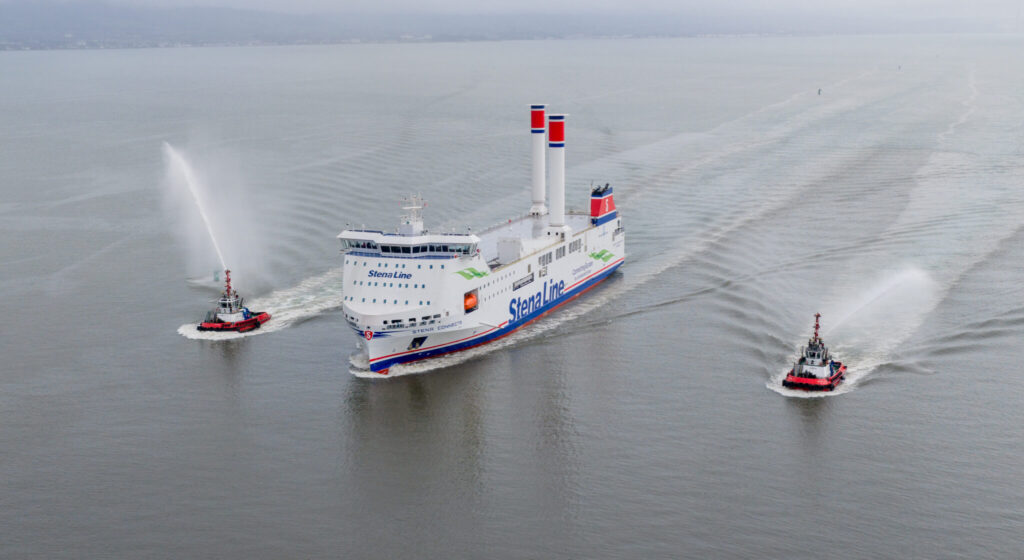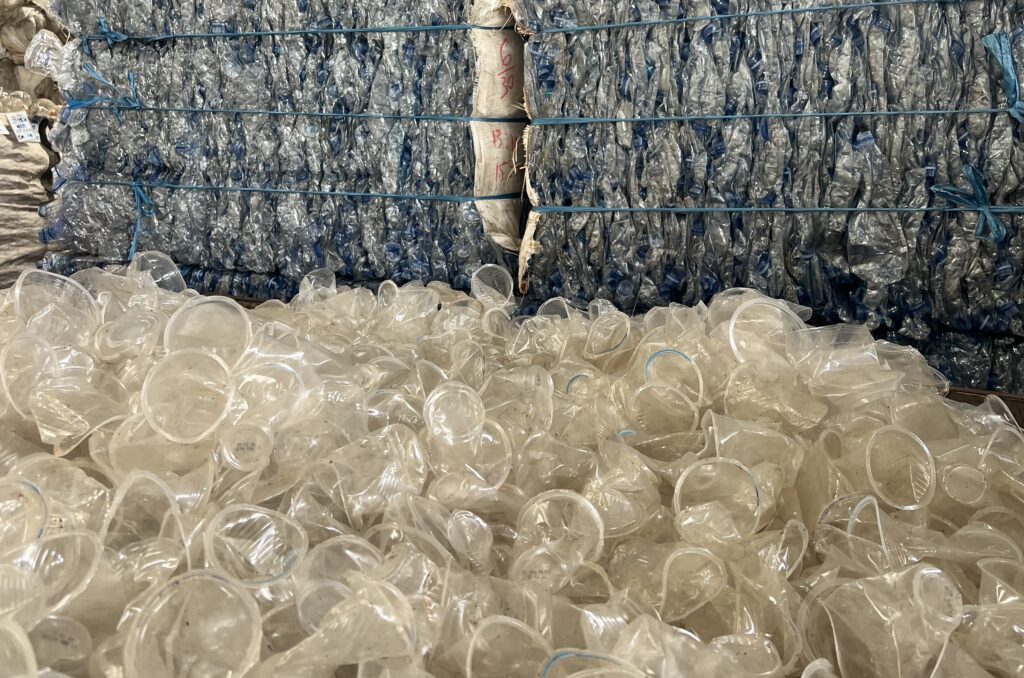Winners include firms making bricks from waste, ideas for reducing emissions produced through the collection of used electricals, and fertilising agricultural land with concrete dust.
A groundbreaking research and development programme which helps private businesses and universities in northern England collaborate on sustainable projects has recognised the best outcomes and initiatives. Leading the charge at the Eco-I NW Awards at Manchester’s Museum of Science and Industry were recycling, reuse and circular projects.
The scheme saw more than 330 companies given extensive access to a huge knowledge base and state of the art facilities, working with Lancaster University, UCLan, the University of Cumbria, University of Liverpool, Liverpool John Moores and Manchester Metropolitan University. Partnerships forged as part of the programme helped establish important new networks in the region, driving innovation and the development of solutions that could play a key part in reducing carbon emissions.
The firms receiving recognition at the ceremony itself included Used Kitchen Exchange, a Widnes-based company that offers an average of 3.5tonnes of carbon savings and safeguards 1.6 trees each time one of its pre-owned kitchens is bought. Elsewhere, Carlisle’s The Rebuild Site CIC won Most Promising New Business for its offering, which takes surplus waste from construction sites and donates this to community groups that need materials. The idea being to promote circular economic principles within the building industry – currently one of the world’s biggest contributors to greenhouse gas emissions.
Meanwhile, the Carbon Journey prize was given to Silverwoods Waste Management, a Lancashire company that has developed a type of ‘recycled fertiliser’: spreading bypass dust from cement onto agricultural land, significantly boosting soil quality and conditions in a more sustainable way than standard methods.
Other victors including Relic Plastic CIC, which turns waste plastic into knives, furniture and more, and Lancaster University’s Matthew Bond, whose REPIC idea for reducing emissions tied to the collection of electrical waste won him Most Impactful Postgraduate. Most Impactful Undergraduate went to Lee Ollerenshaw of UCLan for ELE Advanced Technologies, which will assist advanced manufacturers on their net zero journey. And, finally, City Centre Commercials, where bricks are being made from waste products, walked away with Best Concept In Development.
‘We are thrilled to receive this Eco-I North West award. Working with the University has been invaluable in validating our model and demonstrating the carbon savings that can be achieved from keeping surplus materials in their current most usable form,’ said Maisie Hunt, Project Director at The Rebuild Site.
‘We are thrilled to win this recognition from Eco-I North West. Our work with Lancaster University has been a huge success in helping us understand the full carbon sequestration potential of cement bypass dust when applied to agricultural soils. It has validated that there is huge potential for the use of industrial waste to establish negative emission solutions, which is good for the environment and contributes to the UK’s aim to reach net zero emissions by 2050,’ added Julie Silverwood, of Silverwoods Waste Management.
More on climate research and development:

















